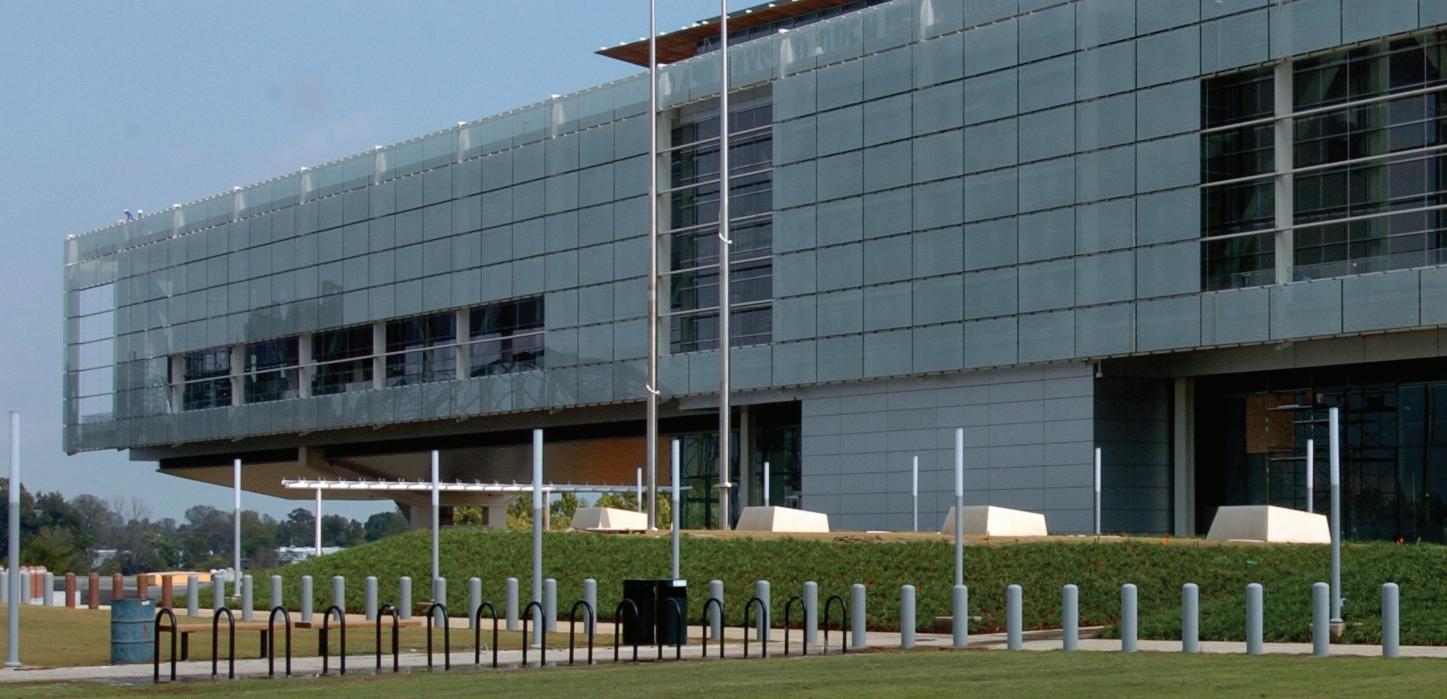
1 minute read
Debate open on medical marijuana
was outside Congress’domain.
But that thinking has changed in recent years.
Advertisement
Led by Chief Justice William Rehnquist, the court’s conservative justices have joined to scale back Congress’power to pass laws in matters traditionally handled by states. In a series of 5-4 decisions, the court has sharply rebuked Congress for intruding into state law enforcement and invalidated federal laws that the justices said had no relation to interstate commerce.
The marijuana case gives the court an opportunity to draw clearer lines between what relates to interstate commerce and what should be left to the states.
But Monday’s argument took place without Rehnquist, who is suffering from thyroid cancer.
Justice John Paul Stevens, the court’s senior associate justice, announced in court that Rehnquist would miss arguments this week and next, but would participate in the decisions based on the legal briefs and transcripts.
Court spokeswoman Kathy Arberg said Rehnquist, who is undergoing chemotherapy and radiation, is “tolerating his treatment well.” He is working from home, she said, and meeting with court staff and law clerks as necessary.
The chief justice has not said when he will return to the bench.
During Monday’s session, several justices appeared skeptical of arguments that the federal government lacked the authority to enforce the nation’s drug laws against users of medical marijuana.
The case arose when federal agents seized six marijuana plants from the back yard of Monson, who is 47 and suffering from spine disease. She, Raich and two of Raich’s caregivers sued to block the federal government from enforcing the federal drug laws against them. Raich, 39, is suffering from several medical conditions, including a brain tumor and chronic joint










